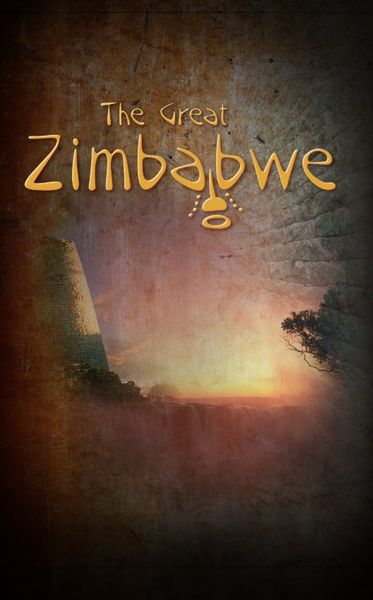The Great Zimbabwe (2012) Board Game
The Great Zimbabwe is a board game released in 2012, designed by Ynze Moedt and published by Splotter Spellen. It falls under the categories of Civilization, Economic, Industry / Manufacturing, and Transportation. The game is set in ancient Africa, focusing on building and managing a civilization in the Great Zimbabwe region.
Game Components of The Great Zimbabwe
How To Setup The Great Zimbabwe
To set up the game, players start by creating the modular board by placing tiles randomly. Each player chooses a god to worship and receives the corresponding god card, which outlines specific victory conditions. Players then set up their player boards, place their starting craftsmen, and distribute initial resources. The game also requires setting up the bidding mechanism for turn order.
Gameplay Mechanics and Game Objective
Player Experience
In The Great Zimbabwe, players take on the roles of tribal leaders aiming to please their chosen god by building monumental structures. The game is known for its strategic depth and complexity, requiring players to balance economic development, resource management, and logistical optimization. Each player’s actions are interlinked, as they can use resources and networks created by other players to their advantage. The game is highly replayable due to its modular board and diverse god abilities.
Pros
Cons
Personal Thoughts on The Great Zimbabwe
The Great Zimbabwe is ideal for fans of deep logistics and economic games. It is a game that rewards strategic thinking and careful planning, making it perfect for experienced board game enthusiasts. While it can be played with two players, it shines with more players due to the increased interaction and competitive dynamics. If you enjoy games like Keyflower or other Splotter titles, The Great Zimbabwe is definitely worth exploring, provided you can find a copy given its limited availability.
We are supported by our audience. When you purchase through links on our site, we may earn an affiliate commission, at no extra cost for you. Learn more.

